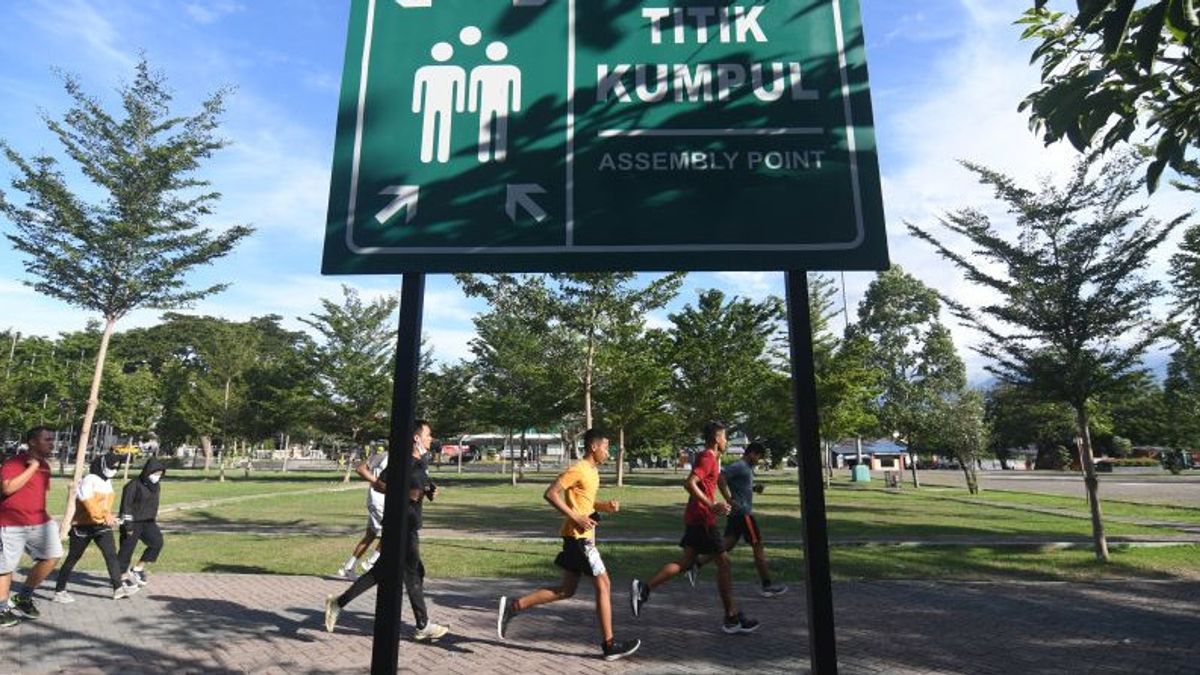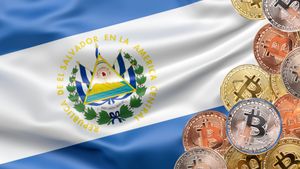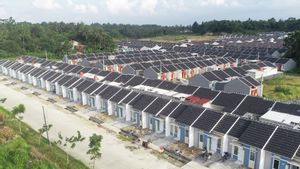JAKARTA - Epidemiologist from Griffith University Australia, Dicky Budiman, stated that the current world condition is increasingly prone to various types of outbreaks and the birth of virus variants other than COVID-19 that can threaten the quality of human health.
“It must be realized that the world is no longer the same as it was before the COVID-19 pandemic. The world is more vulnerable, more vulnerable to infectious diseases, especially those that (transmitted, ed.) through the air," he said, quoted by Antara, Monday, June 6.
He said the current condition of the Earth was much worse. Air quality both indoors and outdoors is not improving day by day. As a result, many diseases cause infections of the upper respiratory tract.
Human behavior that is increasingly changing and sometimes does not care about nature, he said, is also one of the causes of outbreaks or viruses that can endanger human health.
“Each one should be able to assess, where are we, has the air quality in the office for example been improved? Actually, like the COVID-19 problem, not only vaccination but air quality must also be improved. Does the air conditioner in the room use ultraviolet or how does the air circulate," he said.
Learning from the experience of cholera outbreaks or infection with diseases that are transmitted through contaminated water, Dicky said all parties must increase knowledge about the causes and effects and efforts to protect themselves from an epidemic.
For example, during a cholera outbreak, the way to do it is to improve water quality and change life behavior to be cleaner, while one of the efforts that can be done to protect oneself from pollution or disease transmission through the air is to use a mask.
Based on one of the studies related to the use of masks during the COVID-19 pandemic, he explained that masks can reduce the risk of transmission by up to 80 percent when dealing with a wave of variants of COVID-19.
Dicky said states that require their citizens to wear masks have a lower death toll. The ratio of deaths can reach 50 per million people with countries that do not require to wear masks when there is a big wave like the result of the last Delta variant.
"There is no scientific and factual doubt regarding the effectiveness of masks in preventing the transmission of respiratory infectious diseases such as COVID-19. The impact is very real as well as its effectiveness,” said the man who also works as an expert on global security health.
Dicky said that many states in America have begun to re-implement the policy of wearing masks because the number of infection cases has increased again. Thus, each party must understand that masks can provide protection from outside the body. However, it must be balanced with vaccines as protection from the body.
He added that it was important for the government to ensure that any easing in dealing with an outbreak was taken based on a data-based study.
The government must also continue to ensure that public understanding increases first, so that they have the ability to assess the risk of a disease anywhere and anytime.
“I think we still have to improve literacy and understanding. Like when we arrive at a location where the environmental risk is small, both the individual in that place and we ourselves are also at a small risk. For example, both have taken three doses, outdoor circulation is good like that," he said.
The English, Chinese, Japanese, Arabic, and French versions are automatically generated by the AI. So there may still be inaccuracies in translating, please always see Indonesian as our main language. (system supported by DigitalSiber.id)








